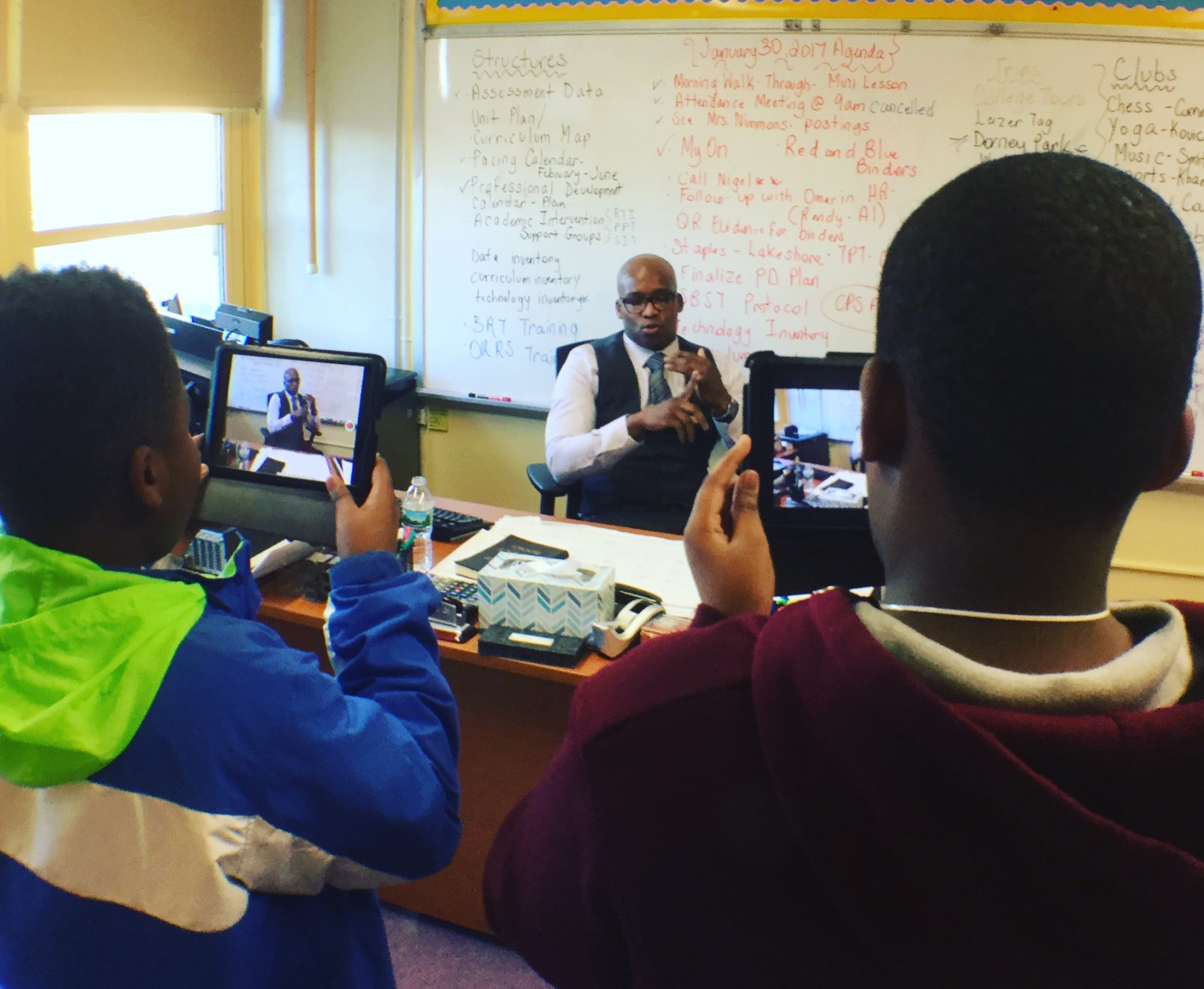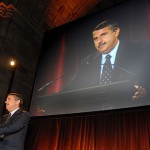New York Times Columnist, Tom Friedman recently delivered the keynote address at the Special Libraries Association Conference in Philadelphia.
The conference focuses on how libraries, governments, companies and individuals use new technologies to gather and disseminate information.
Friedman recommends Steve Jobs’ 2005 Stanford Commencement address as required viewing. He says the video is one of the best examples of how to approach the process of an innovative life.
Job’s encourages the students to find their passion, but where he diverges from the standard graduation commencement platitudes is when he tells the students to not waste time, they will not be young forever and they will die. Quite refreshing in this death phobic society, but there is a lot more in Jobs’ speech and notes from Friedman’s recent talk.
Friedman spoke about some of the latest updates (2.0) to his bestseller: Hot, Flat, and Crowded: Why We Need a Green Revolution–and How It Can Renew America.
The world is much flatter than when he first wrote his book in 2005. Facebook, Twitter and Skype didn’t exist. Now, says Friedman, we can make calls from Mt. Everest. The world has changed drastically in six years.
He says there are three meta-emergent times
1. 1492-early 1800’s: Countries were the key drivers for globalization through exploration and domination of other countries. For example, Spain discovering America.
2. 1800’s-2000: Companies replaced countries and took globalization to a greater level, yet smaller world.
3. 2000-Present: Globalization is built around the individual. Individuals must act globally, and the world is more leveled than ever.
What led to this flatness?
1. The PC. It allowed individuals to author and create digital content.
2. 8/9/95, Netscape went public. The browser was created, fiber optics connected Boston to Bangalore to Bejing
3. Transmission protocols allow people to collaborate and produce digital content anywhere (flattening) at a much cheaper price.
4. Uploading. When the world was round, it was downloading. Nothing this big has happened since the Guttenberg (first printing) Press. It took 200 years to feel the impact. The Internet (and mobile) is taking 20 years to make the same impact.
Trends
1. Whatever is done, will be done, by you, or to you. If you have a good idea, pursue it. If not, someone else will.
2. Single most competition: You and your imagination. It is so important to take what you imagine and act on it. Imagination on a global scale will create high imagining countries v. low imagining countries rendering obsolete the developed world v. emerging/developing world.
3. Because of these trends the world will become even flatter.
On Employment:
We are too productive and efficient and will lose more jobs as they become obsolete. Non-routine workers will keep their jobs, routine will not. Who keeps their job? Those who say, “let’s do it this way.” Don’t be average. Find the extra. The days of life being “90% showing up” are over. Those who stay employed must invent and re-invent their job.
The best workers are those who can frame the best questions, work well with others, help others. Get ideas by rubbing against each other, collaborate, engage with other people.
On Education:
Friedman says, we are becoming an increasingly right brain (creative/empathic) world, and that liberal arts education is more important than ever. As important as reading, writing, math and sciences are, the arts, inspire true innovation and creativity. It is important to find ways to creatively link the framework in one field to lay the framework in another, for example, Friedman combines his passion for technology and the Middle East.
On Technology and Mobility:
Three out of four people have cell phones which make about 4.2 billion users.
We are heading to universal connectivity, where like electricity, it will disappear from our consciousness. It will become a part of our everyday life. Then the old values will come back, like church and community. This universal connectivity will result in the emergence of trust, ethics and judgment. That will be our extra.
On China: The US will never cede to a country that censors Google. Curbing innovation and creativity is not a winning strategy.
On The Age of Behavior:
“How” and behavior matters more than ever. How you say you are sorry, how you treat your co-workers, how you act in your community, etc., is critical. We can see into “you” and tell the world about you, using former congressman, Anthony Weiner, as an example, for his twittered sex scandal that forced him from office.
On Teaching:
The two most important words in English language, “Yes, And.” “Yes, great idea, And have you thought of this or that?” Most important thing is to encourage or give ownership to an idea, to self-propel a student or another person.
Worst words: “No, start over.”
On Facebook and Twitter:
“I have never been on Facebook or Twitter or smoked a cigarette and plan to go to my grave that way.”


